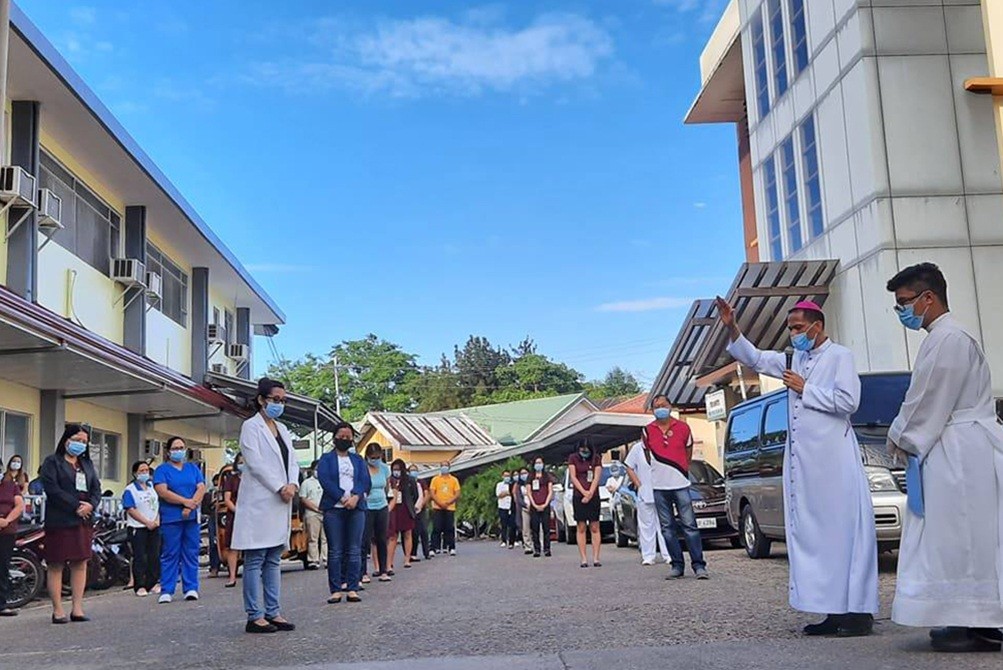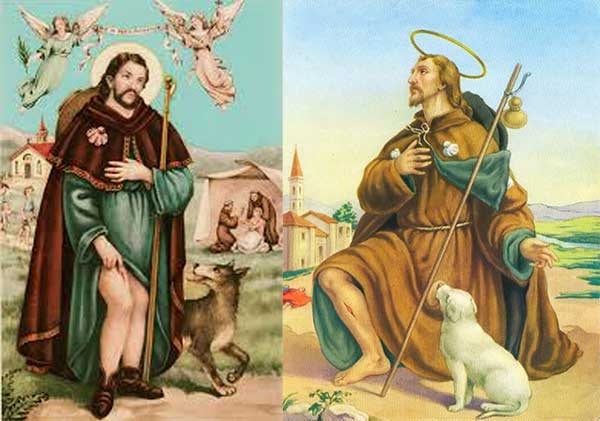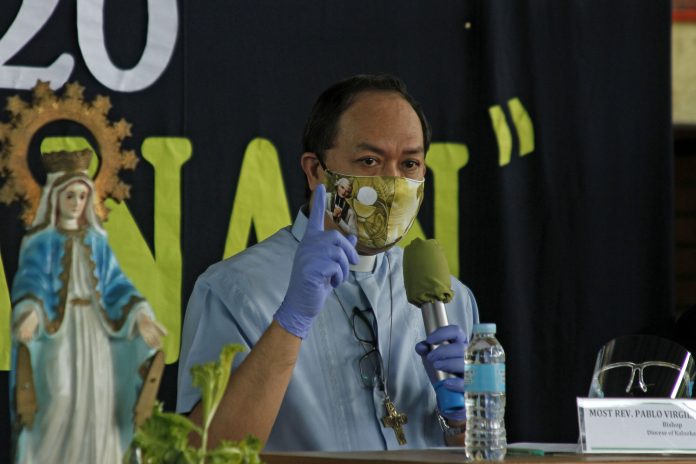Bishop Pablo Virgilio David of Kalookan called on young people to organize themselves and assist health workers who care for people who get sick of the new coronavirus disease
“I wish to call on young people in all dioceses, especially in parishes named after San Roque … to serve as ‘health care volunteers’ to back up our health care workers,” said the bishop.
Bishop David, who is acting president of the Catholic bishops’ conference, particularly urged dioceses and parishes to revive the “Cofradias de San Roque” or “Confraternity of San Roque.”
He said volunteers can care for Covid-19 positive patients in public or private quarantine facilities, including those who have opted for home quarantine.
“We can enter into a partnership with [local] health officers and assist them in monitoring two kinds of quarantined patients: those without symptoms, and those with mild symptoms,” said the bishop.
He said the Diocese of Kalookan is currently mobilizing volunteers who do online monitoring “because we understand the risk of exposing them to infection if we deploy them to do physical monitoring.”
“The ones we will mobilize for face-to-face monitoring are probably former Covid-19 positives who have recovered already and have natural antibodies to fight a reinfection,” said the prelate.
He said “asymptomatic Covid positive volunteers” can also help in organizing tasks inside the quarantine facilities.
The bishop said health care professionals can train the volunteers who can be accredited by the government.

Bishop David said the volunteers can keep frontline health care workers from getting “overwhelmed and burned out.”
On August 1, the Philippine Medical Association appealed to President Rodrigo Duterte to give the medical frontliners “time out,” claiming that the country’s healthcare system has been “overwhelmed.”
The call prompted the government to declare a “modified enhanced community quarantine” in the national capital and in neighboring provinces until August 18.
Bishop David said the idea of coming up with volunteers aims “to keep as few patients as possible from having to be brought to the hospital so that the hospitals don’t get overwhelmed.”
The bishop made the call as the Catholic Church celebrated on Sunday the feast of San Roque, a saint who is usually invoked by the faithful in times of plagues.
San Roque, who was supposed to be born to a noble family in Montpelier, a city near the south coast of France, turned over his inheritance to his uncle to fulfill his desire to be a Franciscan friar.

In his 20s, he left France and travelled to Rome as a mendicant pilgrim.
At the height of the Bubonic plague, he stopped at the city of Aquapendente, which was plague-stricken and devoted his time to helping cure the sick.
He eventually acquired the infection then banished to a forest where he befriended a dog owned by a farmer who eventually took care of the future saint until he has recovered.
Decades after the deadly bubonic plague, San Roque has been invoked against plagues and epidemics.
He became the inspiration for a “Confraternity of San Roque” that is made up of lay Catholics whose mission was to back up health care workers when Europe was hit by another pandemic.
“Instead of just parading San Roque and expecting him to miraculously cure all the Covid-19 positive patients in our country while this pandemic is raging, can we do something better?” said Bishop David.
“If the volunteers could also be trained in psycho-spiritual accompaniment, especially when the patients begin to suffer mental health issues while under quarantine, wouldn’t that be even better?,” he said.
The bishop called on volunteers under the diocese “to emulate” the examples of San Roque and “to revive” the confraternities.
The Diocese of Kalookan is currently mobilizing volunteers for online monitoring of those who have tested positive for the coronavirus infection and are quarantined at home.









